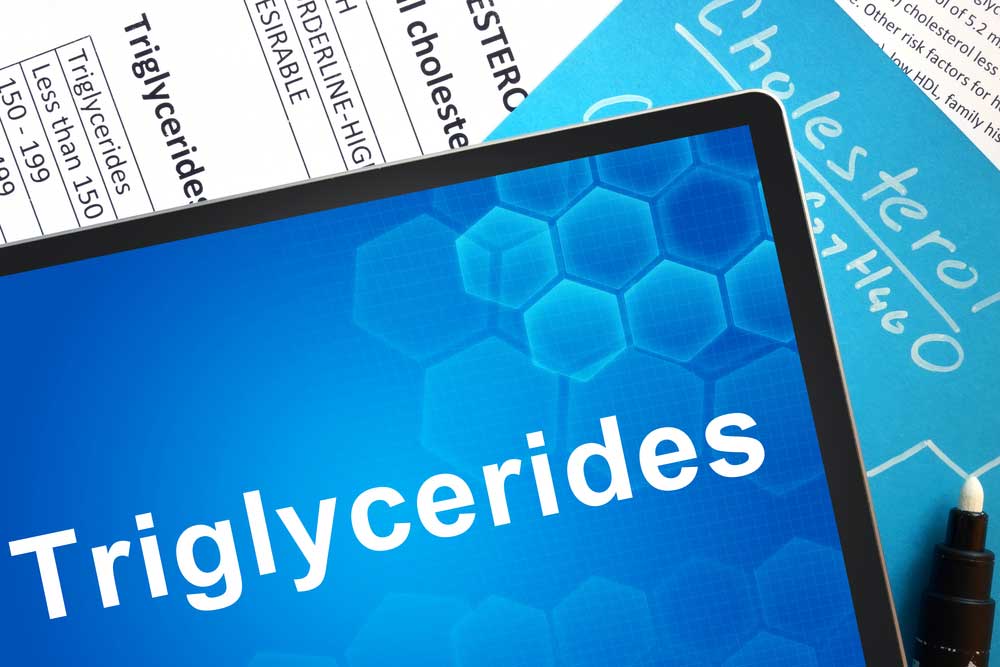High Triglycerides

Click on the drop-down below to see the criteria for each location.
Or sign up below, and our office will call you!
This research study is enrolling at:
St. Johns Center for Clinical Research
100 Whetstone Place,
Suites 300 – 301,
St. Augustine, FL 32086
(904) 209-0043
BELOW ARE HIDDEN ROWS
Fleming Island Center for Clinical Research
1679 Eagle Harbor Parkway
Suite D, 2nd Floor Fleming Island, FL 32003
(904) 621-0390
Jacksonville Center for Clinical Research
4085 University Blvd., South
Suite 1
Jacksonville, FL 32216
(904) 730-0166
St. Johns Center for Clinical Research
100 Whetstone Place,
Suites 300 – 301,
St. Augustine, FL 32086
(904) 209-0043
ENCORE Borland Groover Clinical Research
4800 Belfort Road, Suite 301
Jacksonville, FL 32256
(904) 680-0871
Nature Coast Clinical Research – Inverness
411 West Highland Boulevard
Inverness, FL 34452
(352) 341-2100
Nature Coast Clinical Research – Crystal River
6122 West Corporate Oaks Drive
Crystal River, FL 34429
(352) 861-1865




